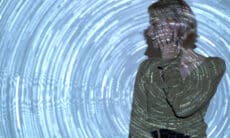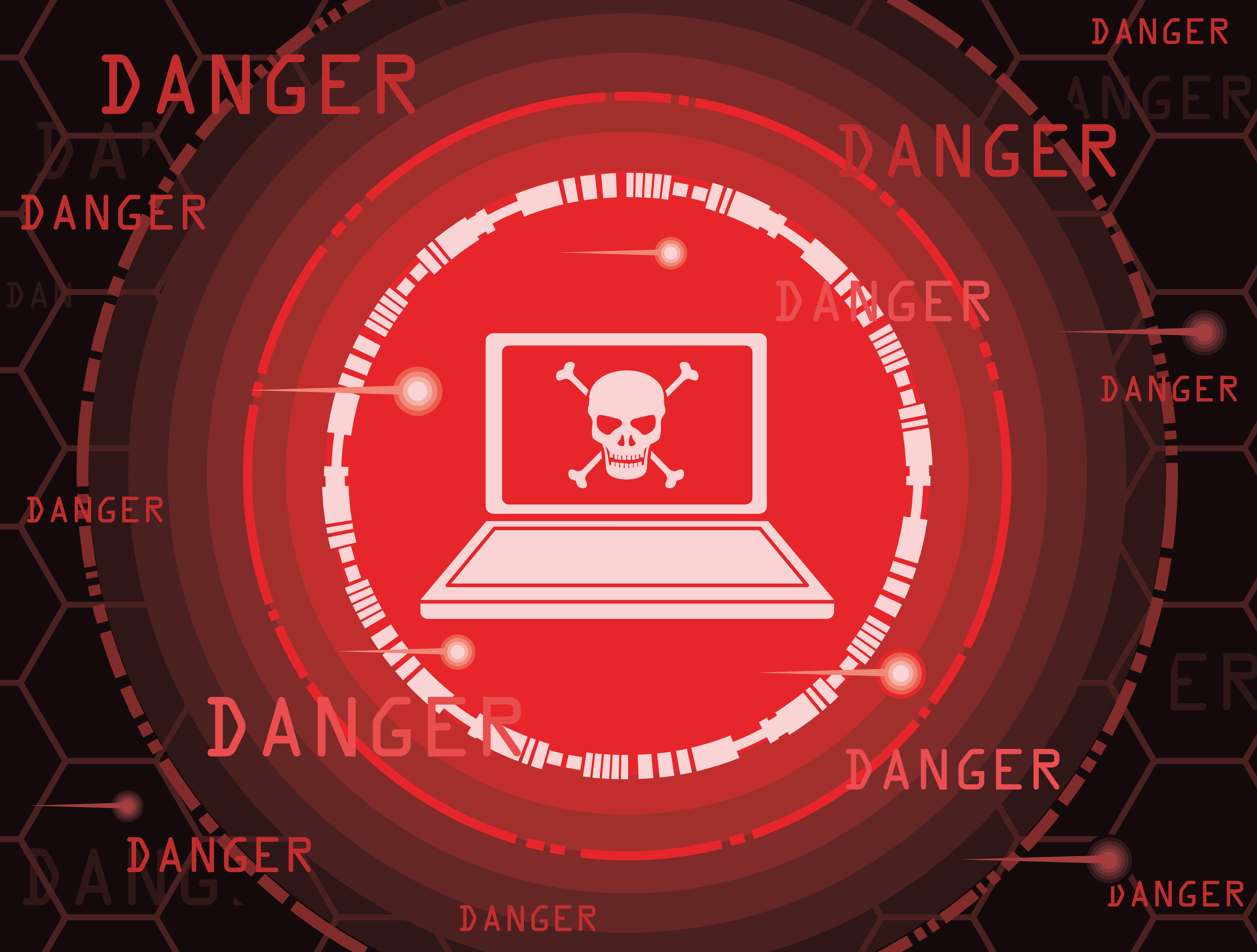Artificial Intelligence (AI) is transforming the film industry and home video productions, enabling creators to simulate reality in ways never imagined before. From digitally resurrecting iconic actors to crafting hyper-realistic home videos, AI technology is blurring the line between the real and the artificial. While this innovation opens doors to incredible possibilities, it also raises pressing ethical and societal concerns.
AI in Cinema: Bringing Legends Back to Life
AI has become a cornerstone in modern filmmaking, allowing studios to recreate actors who have passed away or de-age living ones for flashback scenes. A prime example is the recreation of Carrie Fisher’s likeness in Star Wars: The Rise of Skywalker or Peter Cushing in Rogue One: A Star Wars Story. Using deep learning algorithms and CGI, filmmakers can create stunningly lifelike performances that captivate audiences.
We used AI to study every frame of Peter Cushing’s previous films to ensure we captured his essence. It’s a tribute to his legacy, but it also opens up debates about where we draw the line.”, Director Gareth Edwards explained the process to Collider
This technology not only saves production time but also allows filmmakers to tell stories that would have been impossible a decade ago.
AI in Home Productions: Hyper-Realism at Your Fingertips
AI-powered tools like DeepFaceLab and Runway ML are making hyper-realistic video editing accessible to anyone with a computer. These tools can seamlessly swap faces, create photorealistic backgrounds, or generate voices that mimic real people. While these innovations have elevated home video production quality, they’ve also fueled concerns about misuse.
Consider deepfake videos of celebrities singing songs they never performed or influential figures delivering fabricated speeches. A famous case involved a deepfake of Tom Cruise on TikTok, which amassed millions of views before being debunked. These examples highlight how convincing and potentially dangerous AI-generated content can be.
The Ethical Dilemma: Where Do We Draw the Line?
As AI technology advances, it becomes harder to distinguish between genuine and AI-generated content. This creates a myriad of ethical challenges:
- Consent: Should the likeness of deceased actors or public figures be used without explicit permission?
- Misinformation: AI can be weaponized to spread false narratives, such as fake speeches or doctored videos of influential individuals.
- Creativity vs. Authenticity: While AI can enhance storytelling, does it risk overshadowing the human element of art?
AI is a double-edged sword. It amplifies creativity but also amplifies risks, particularly when used to manipulate reality.”-AI ethicist Dr. Kate Crawford, author of Atlas of AI, warned in a Time Magazine interview
The Benefits of AI in Film Production
Despite these concerns, the benefits of AI in cinema and video production are undeniable:
- Cost Efficiency: AI can generate realistic effects without the need for costly on-location shoots or extensive reshoots.
- Enhanced Accessibility: Independent filmmakers now have access to tools that rival Hollywood’s capabilities.
- Creative Freedom: Directors can explore narratives that would have been impossible to visualize before.
For instance, AI-powered tools like Synthesia are being used to create multilingual content, enabling films and videos to reach global audiences without the need for traditional dubbing or subtitles.
The Dark Side of AI in Productions
While the benefits are impressive, the darker implications of AI cannot be ignored:
- Deepfake Propaganda: AI-generated videos of political figures delivering false messages could have far-reaching consequences for public trust and democracy.
- Loss of Authenticity: When AI can fabricate performances, what happens to the value of genuine human expression?
- Privacy Violations: Misusing someone’s likeness without consent infringes on their rights and reputation.

I don’t mind AI in visual effects, but when it starts replicating me, I want to know where my humanity ends and the machine begins.”-As actor Keanu Reeves said in an interview with Variety
Striking a Balance Between Innovation and Responsibility
The rapid advancement of AI in cinema and video production is a testament to human ingenuity, but it’s also a call for caution. Regulations must evolve to ensure that AI is used ethically, preserving the integrity of both art and reality. Transparency, consent, and accountability should be at the forefront of this technological revolution.
Conclusion: The Future of AI in Visual Media
AI is undeniably a game-changer in the world of cinema and home productions, offering unparalleled creative possibilities and democratizing high-quality video creation. However, it also introduces ethical challenges that demand careful consideration.
As we embrace this new era of visual storytelling, the question remains: how can we balance innovation with integrity? By fostering dialogue, establishing guidelines, and prioritizing ethics, we can harness AI’s potential without losing sight of the humanity that makes art meaningful.
For more on AI’s impact on creative industries, explore our article The Revival of Music Legends and AI.
What are your thoughts on AI in visual media? Share your opinion below!
#AIinCinema #Deepfakes #ArtificialIntelligence #Filmmaking #DigitalEthics









